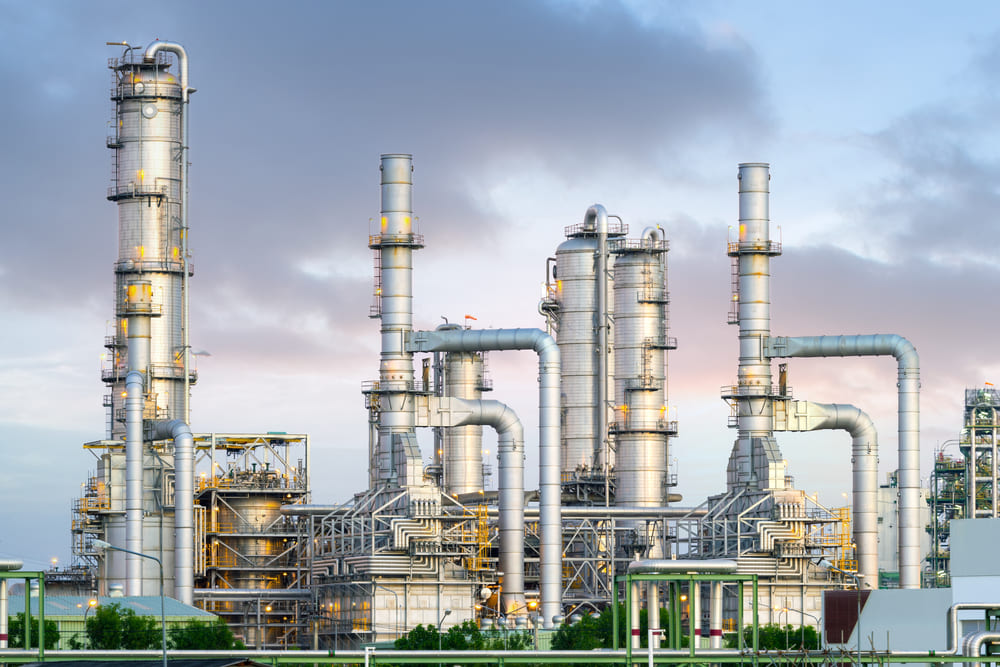
Safe Work Australia has published new information identifying trends in psychological health in workplaces.
The Psychological Health and Safety in the Workplace report highlights the changing impact of work-related psychological injuries in Australia.
During 2021 – 2022:
- Mental health conditions accounted for 9 per cent of all serious workers’ compensation claims, a 36.9 per cent increase from 2017 to 2018.
- The median time lost was more than 4 times greater than that of all physical injuries and illnesses (2020 to 2021).
- The median compensation paid for mental health conditions was more than three times greater than that of all physical injuries and illnesses.
- Workers with claims for mental health conditions experienced poorer return-to-work outcomes and were more likely to experience stigma from colleagues and their employers.
The report draws from three main data sources including the Safe Work Australia National Dataset for Compensation-based Statistics, the National Return to Work Survey and the People at Work Risk Assessment Survey.
Safe Work Australia CEO Marie Boland said the new report by Safe Work Australia aims to increase understanding of the impact of psychosocial hazards at work by highlighting trends in psychological health in Australian workplaces.
“This data gives insights that can help governments, researchers, industry and worker representatives to address current and future challenges in psychological health and safety.
“Proactively managing psychosocial hazards at work not only protects workers, it also benefits businesses by improving organisational performance and productivity.
“This data report illustrates the importance of Safe Work Australia’s recent work to support workplaces to understand and meet their work health and safety duties about psychosocial hazards, including the development of a model Code of Practice on managing psychosocial hazards at work.”








